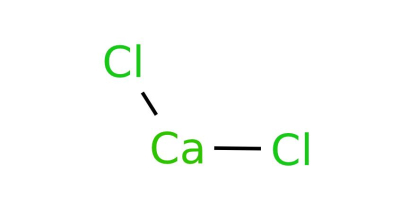Polyvinyl chloride CAS#9002-86-2 SG5 K67
Versatile Material: PVC Resin SG5 is highly adaptable, allowing for the mixing with various additives to achieve a wide range of desired properties for diverse applications.
Excellent Durability: Known for its corrosion resistance and water resistance, PVC Resin SG5 is ideal for applications that require long-lasting performance in challenging environments.
Chemical & Thermal Stability: PVC Resin SG5 offers strong chemical stability and thermal resistance, making it suitable for use in demanding industrial conditions.
Wide Application Range: The resin's properties are categorized into rigid and flexible forms, offering versatility for a variety of industries and product requirements.
Product Description: PVC Resin SG5 is a white, free-flowing resin that can be combined with various additives to achieve a broad range of desired properties for different applications. PVC is a versatile material known for its excellent colouration, corrosion resistance, water resistance, and both chemical and thermal stability. Polyvinyl chloride (PVC) properties are typically classified into two categories: rigid and flexible forms.
| Name | Polyvinyl chloride |
| Synonyms | Chlorinated polyvinyl chloride resin; polyvinyl chloride resin SG-1; PVC sheet; polyvinyl chloride sheet; polyvinyl chloride resin SG-6; polyvinyl chloride resin SG; non-toxic transparent hard polyvinyl chloride granules; polyvinyl chloride resin SG-3 |
| CAS number | 9002-86-2 |
| Molecular formula | C2H3Cl |
| Color | White to off-white |
| Stability | Stable. Flammable. Incompatible with strong oxidants |
| Melting point | 170-195 °C (decomp) |
| Boiling point | 0.100 °C |
| Storage conditions | 2-8°C |
| Form | Powder |
Applications: PVC Resin SG5 is widely used in plastic manufacturing. It is commonly found in construction materials such as pipes, electrical cables, flooring, plastic membranes, and signage. PVC is also used in packaging, adhesive tapes, and furniture production. When softened with plasticizers like esters, polyvinyl chloride is used to make vinyl leather for products like handbags, briefcases, and budget-friendly shoes, as well as plastic raincoats, shower curtains, garden hoses, flooring, and automobile upholstery.














